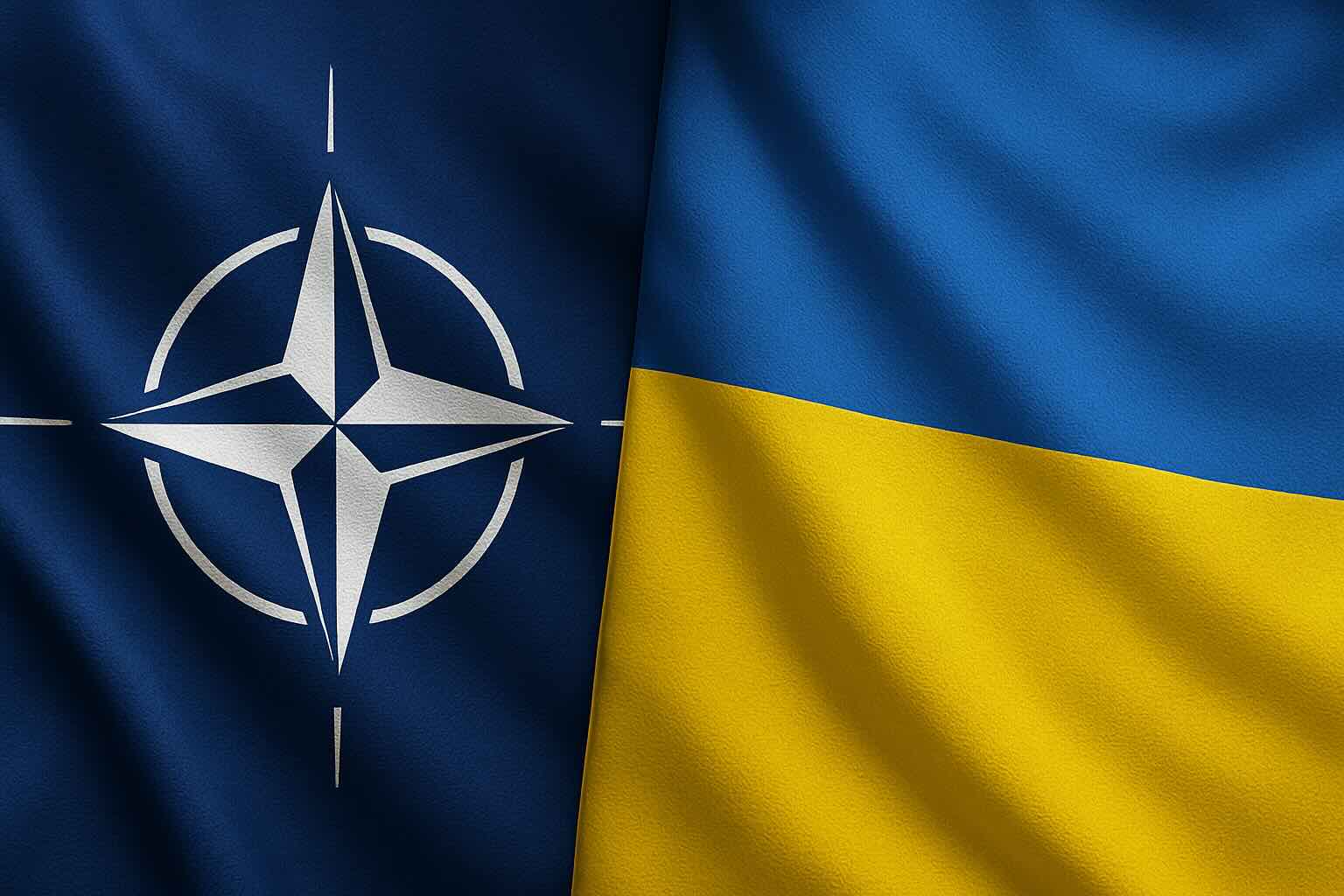The meeting, jointly convened by the United Kingdom and Germany, will bring together key international partners to coordinate ongoing military support to Ukraine in the face of continued Russian aggression.
The UDCG, first established in April 2022 under the leadership of the United States, has since become a principal forum for military coordination among over 50 nations supporting Ukraine. Meetings are typically attended by defence ministers, senior military officials, and NATO leadership. While the group operates independently of NATO’s formal structures, it has increasingly aligned its sessions with NATO ministerial events, underscoring the convergence of Western efforts to sustain Ukraine’s defence capabilities.
This latest meeting takes place amid ongoing Russian missile and drone attacks against Ukrainian infrastructure and defensive positions, as well as Kyiv’s continued appeals for more advanced air defence systems, long-range weapons, and logistical support. The agenda is expected to focus on the delivery of previously pledged military aid, the condition of Ukraine’s defence industry, and prospects for long-term strategic assistance through NATO and bilateral arrangements.
The UK and Germany, co-hosting the meeting, are among Ukraine’s leading defence partners. The UK has provided substantial military equipment, including Storm Shadow cruise missiles, Challenger 2 tanks, and air defence assets. Germany, for its part, has emerged as Ukraine’s second-largest military donor, supplying Leopard tanks, IRIS-T air defence systems, and artillery ammunition. Their joint leadership of the upcoming UDCG session suggests an effort to maintain momentum in support delivery and to streamline coordination with NATO’s broader defence planning.
NATO officials have stated that although the UDCG operates outside NATO’s formal command structure, its sessions at NATO Headquarters serve to reinforce political and logistical coherence between alliance efforts and those of non-member contributors. Recent months have seen increased NATO involvement in the longer-term training and restructuring of Ukrainian forces, with several Allies proposing bilateral security arrangements, particularly in preparation for the expected intensification of combat operations over the summer.
Participation in the 4 June meeting is expected to include defence ministers or senior representatives from across Europe, North America, and other partner states. A briefing is also anticipated from the Ukrainian Ministry of Defence on operational needs and the impact of ongoing Russian strikes. NATO’s Supreme Allied Commander Europe (SACEUR), General Christopher G. Cavoli, may provide a strategic overview of allied training and logistical efforts linked to the Ramstein-format consultations.
The June 2025 session of the UDCG comes at a time of heightened urgency. Ukrainian President Volodymyr Zelenskyy has repeatedly warned that delays in weapons deliveries risk undermining Ukraine’s ability to hold front-line positions. Meanwhile, recent Russian offensives near Kharkiv and the use of ballistic missiles against critical infrastructure have intensified calls for additional Western military aid, particularly systems capable of intercepting high-speed aerial threats.
While expectations remain cautious, officials involved in the preparations suggest that new commitments on air defence, artillery munitions, and training assistance may be announced following the meeting. The UDCG continues to serve as a barometer of Western resolve and unity in the face of an extended conflict, now entering its fourth year.
Further updates, including any joint statements or press availabilities, will be issued through NATO’s media channels following the conclusion of the session.
Read also:
US Defence Secretary Signals Shift in Washington’s Approach to Ukraine at Ramstein Meeting
Post Views: 817
